How to Use Vitamin D Capsules for Hair
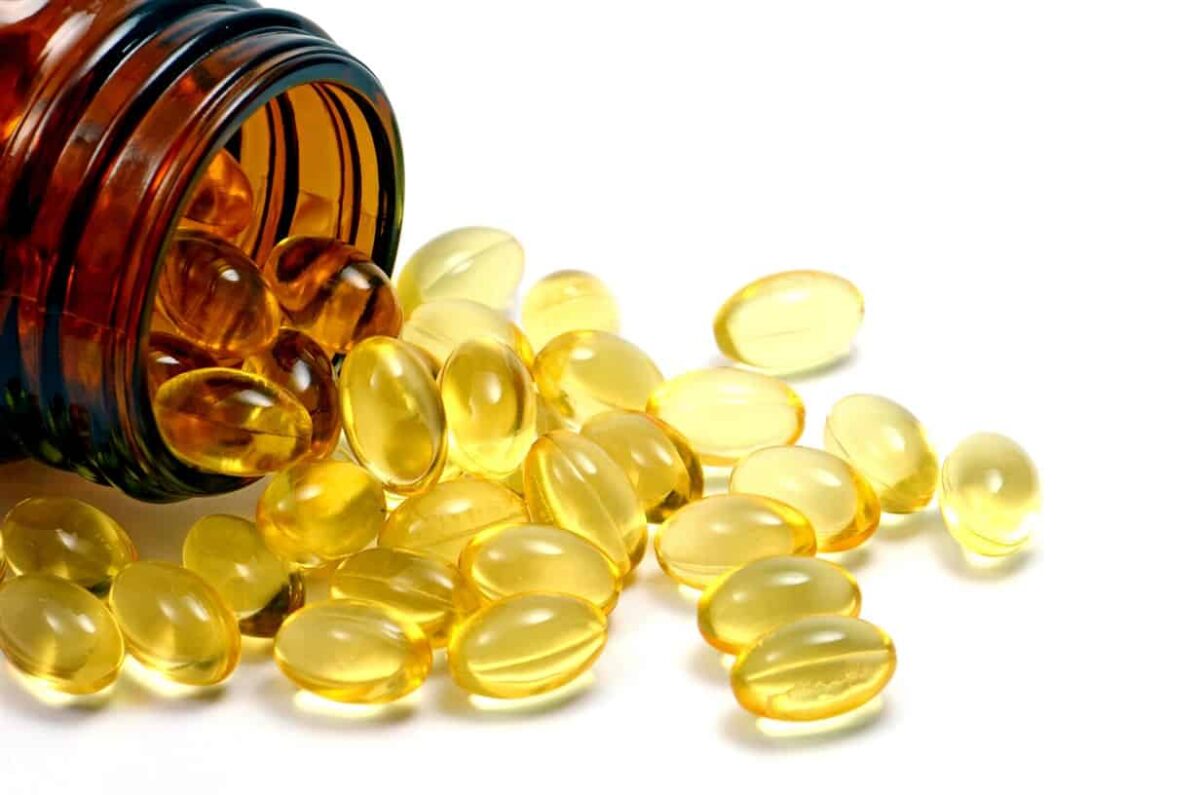
Using vitamin D capsules for hair can potentially enhance hair growth and reduce hair loss, particularly if your body lacks sufficient vitamin D. Vitamin D plays a critical role in the creation of new hair follicles and the maintenance of healthy hair growth. You can incorporate vitamin D capsules into your hair care routine either…
Which Vitamin Deficiency Causes Hair Loss?
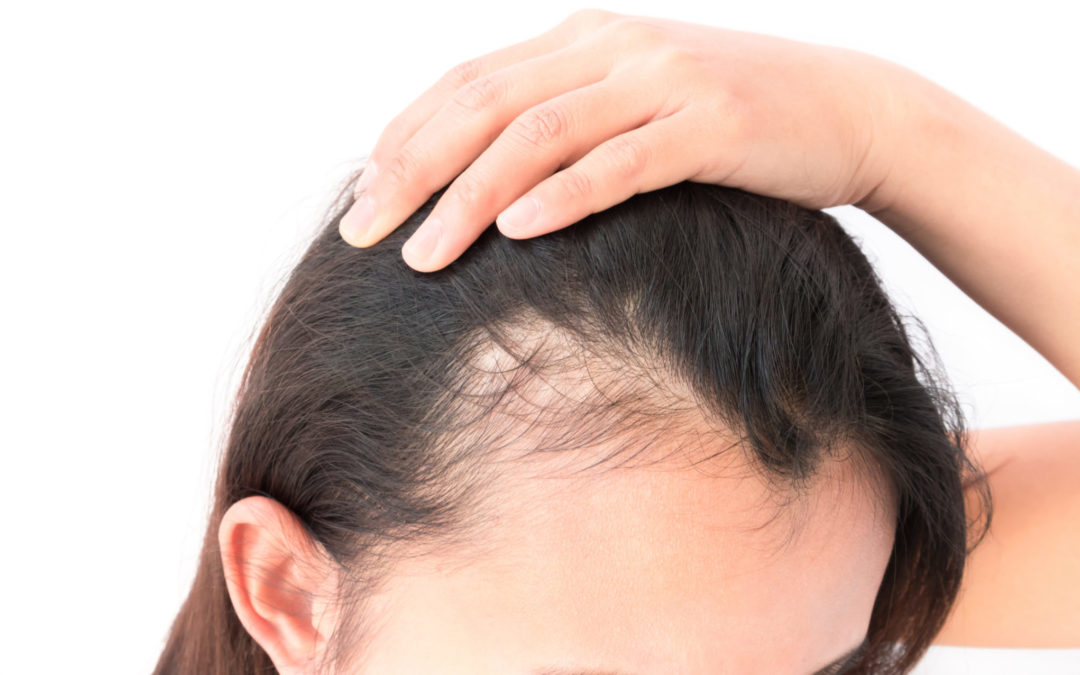
Hair loss can be directly influenced by deficiencies in several essential vitamins, notably vitamin D, vitamin B12, and vitamin B7 (biotin). These deficiencies can disrupt the normal cycle of hair growth and lead to thinning and loss of hair. Ensuring adequate intake of these vitamins is crucial for maintaining healthy hair growth and overall scalp…
What Happens When You Put Baking Soda on Gray Hair?

When you put baking soda on gray hair, it can have a clarifying and slight lightening effect due to its alkaline nature. Baking soda can remove buildup from hair products, minerals in the water, and pollutants from the environment, which might make gray hair appear brighter and more vibrant. However, excessive use can lead to…
How Long After a Perm Can You Wash Your Hair?
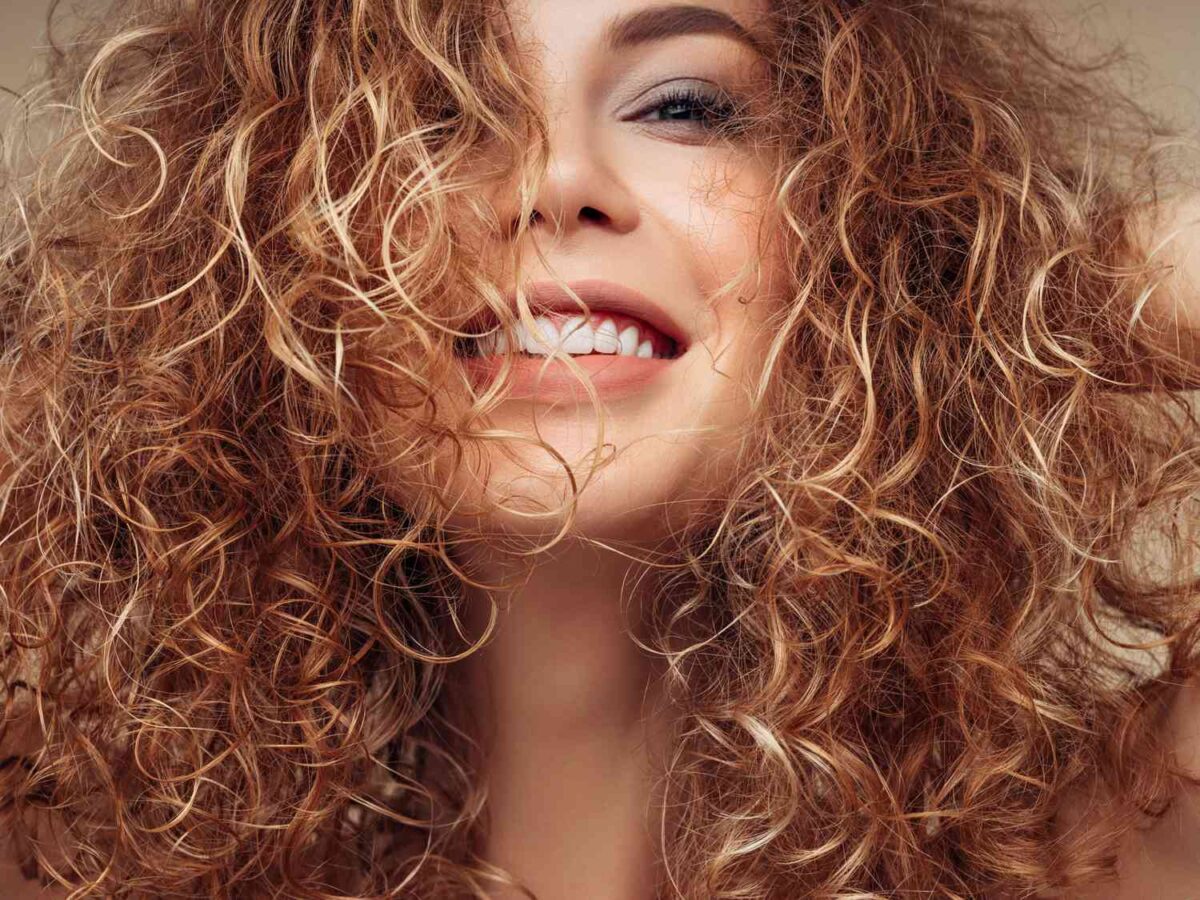
You should wait at least 48 hours before washing your hair after getting a perm. This waiting period allows the hair’s disulfide bonds, which are reformed during the perming process to set the curls or waves, to fully stabilize and ensures the longevity and effectiveness of your new style. Washing your hair too soon can…
How to Make Bleached Hair Soft and Silky
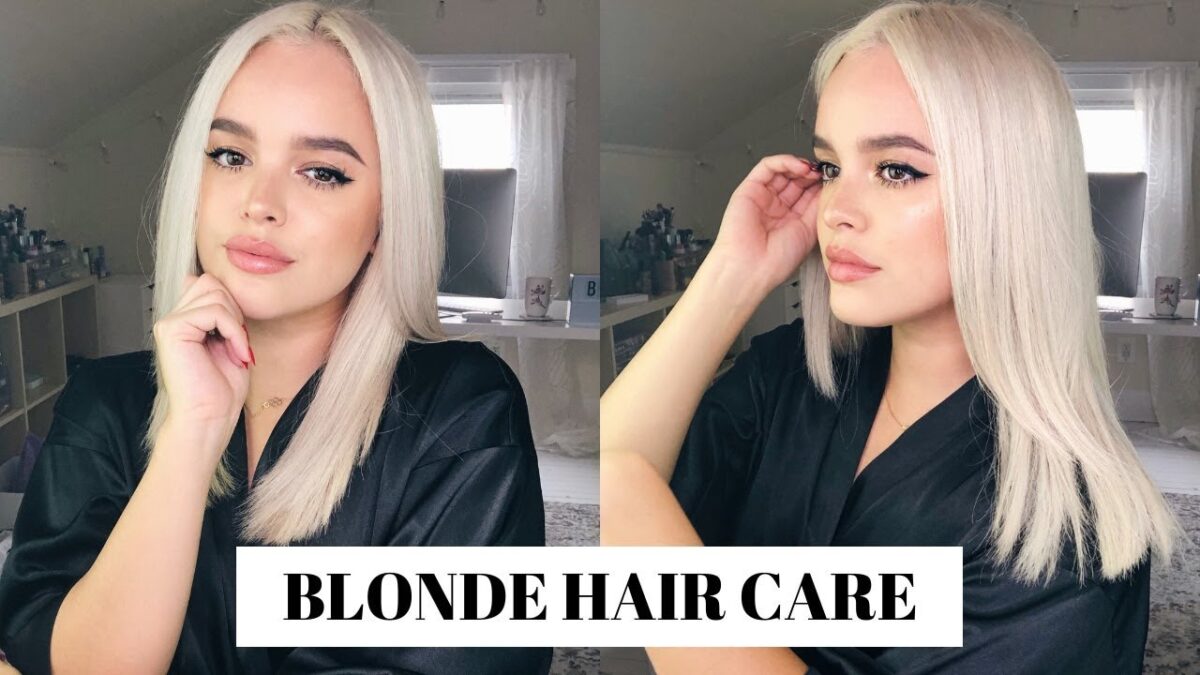
To make bleached hair soft and silky, it’s crucial to embark on a dedicated hair care routine focused on deep hydration, damage repair, and cuticle smoothing. This includes using nourishing hair products such as deep conditioners and hair masks, minimizing heat styling, avoiding harsh chemicals, and regularly trimming split ends. Incorporating hair oils and leave-in…
What is Damp Hair?
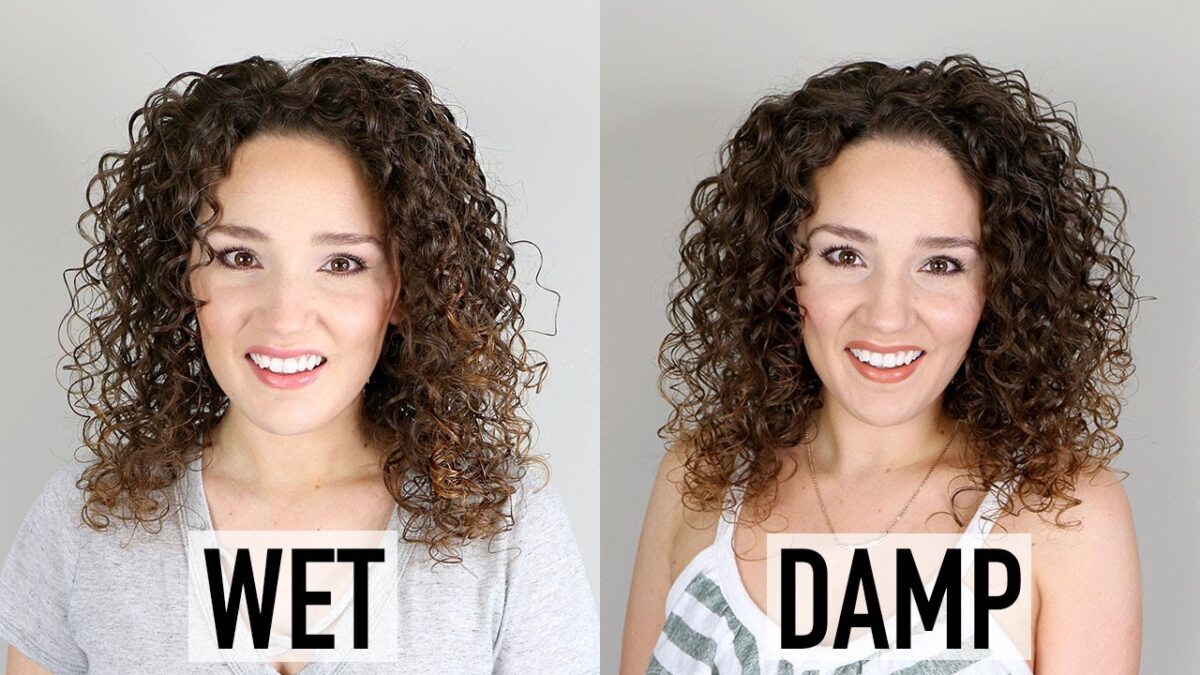
Damp hair is hair that is neither fully dry nor soaking wet; it’s in a slightly wet state where it has been partially dried after being wet. Typically, damp hair feels cool to the touch and may appear slightly darker than dry hair due to the moisture content. This state is often ideal for applying…
How Do Hair Extensions Work?
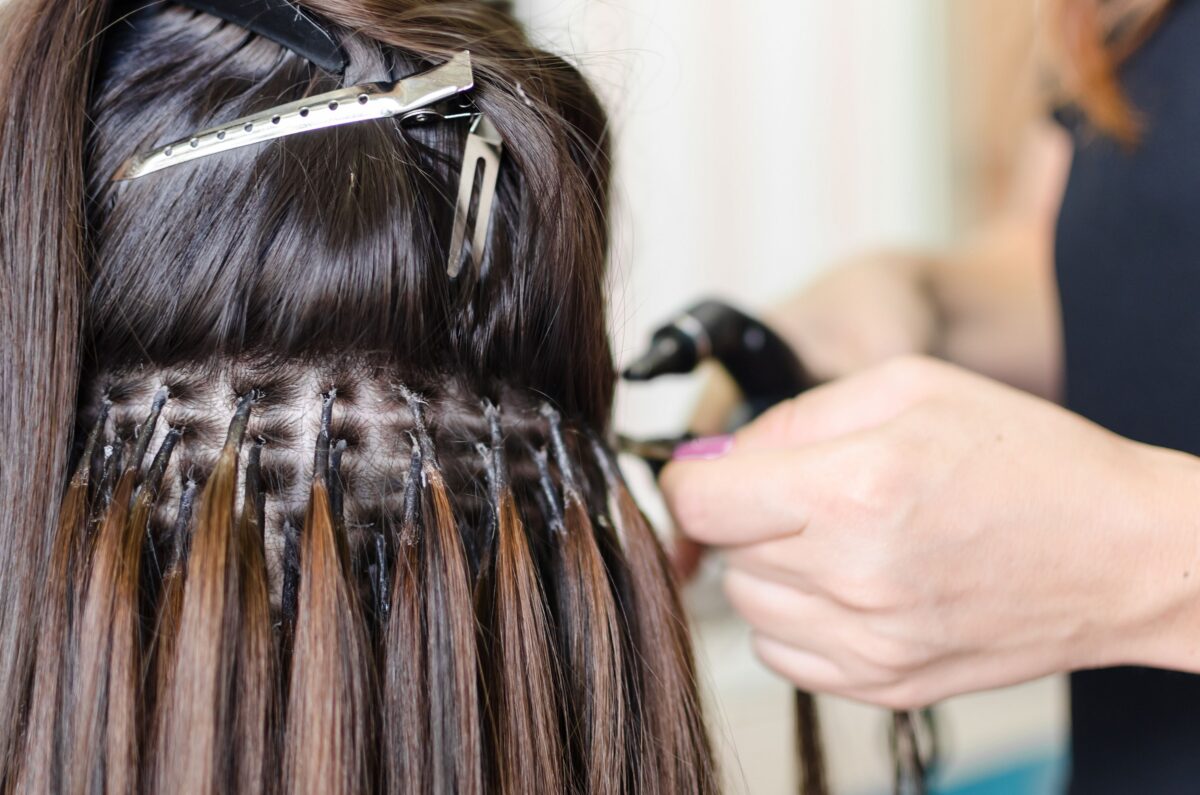
Hair extensions work by adding length, volume, or both to one’s natural hair through various attachment methods including clipping, sewing, gluing, or taping. These methods allow the extensions to blend with natural hair, creating a seamless look that can be temporary or semi-permanent. The choice of method depends on personal preference, hair type, lifestyle, and…
How to Hide Extensions in Very Short Hair
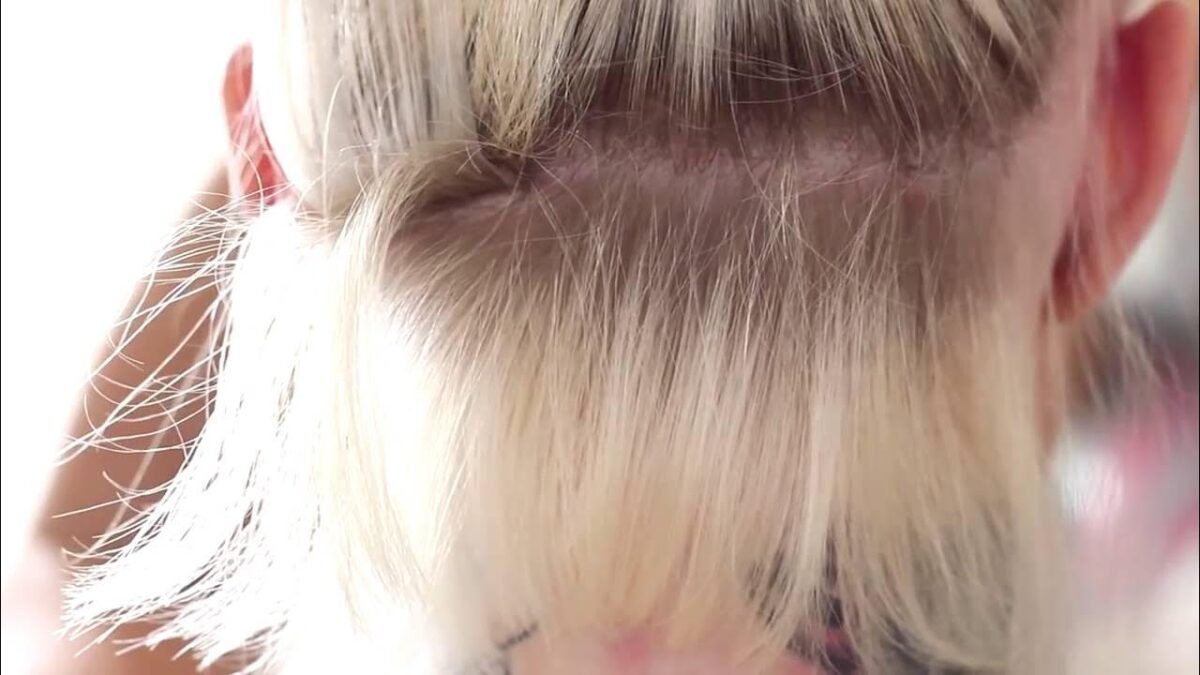
To effectively hide extensions in very short hair, choose the right type of extensions, ensure a perfect color match, and strategically place them for seamless integration. Clip-in or tape-in extensions are often best for short hair, as they offer flexibility in placement and can be blended more easily with your natural hair. Achieving a natural…
What Happens If You Take a DHT Blocker?

Taking a DHT (dihydrotestosterone) blocker can lead to a reduction in hair loss, an increase in hair growth, and potentially an improvement in hair thickness for individuals experiencing androgenetic alopecia, also known as male or female pattern baldness. DHT is a hormone derived from testosterone, known to contribute to hair loss by shrinking hair follicles.…
Can You Be Allergic to Your Own Hair?
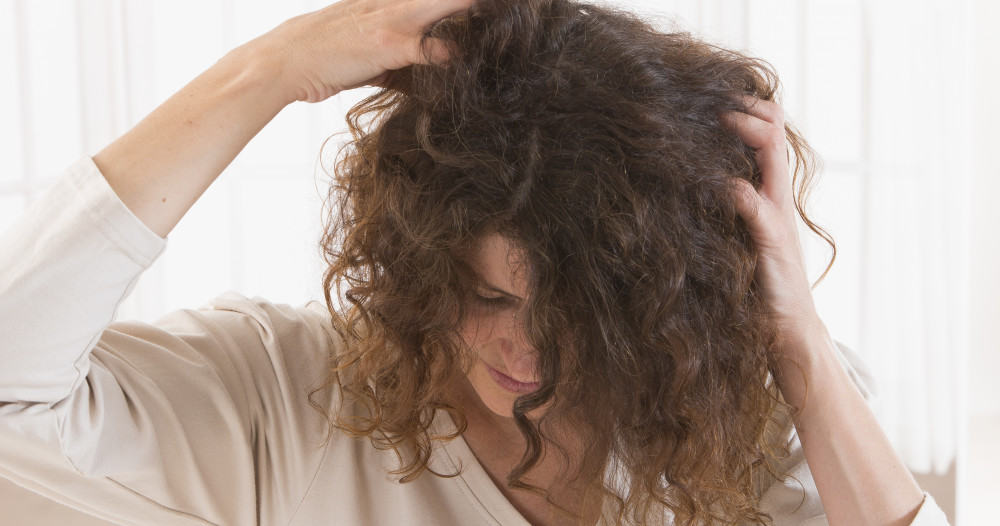
No, you cannot be allergic to your own hair. Allergies occur when the immune system reacts to foreign substances, known as allergens, that it considers harmful, even though they might not be. Since your hair is a part of your body, it does not trigger an immune response. However, symptoms that seem like an allergic…
Can Vitamin Deficiency Cause Hair Loss?
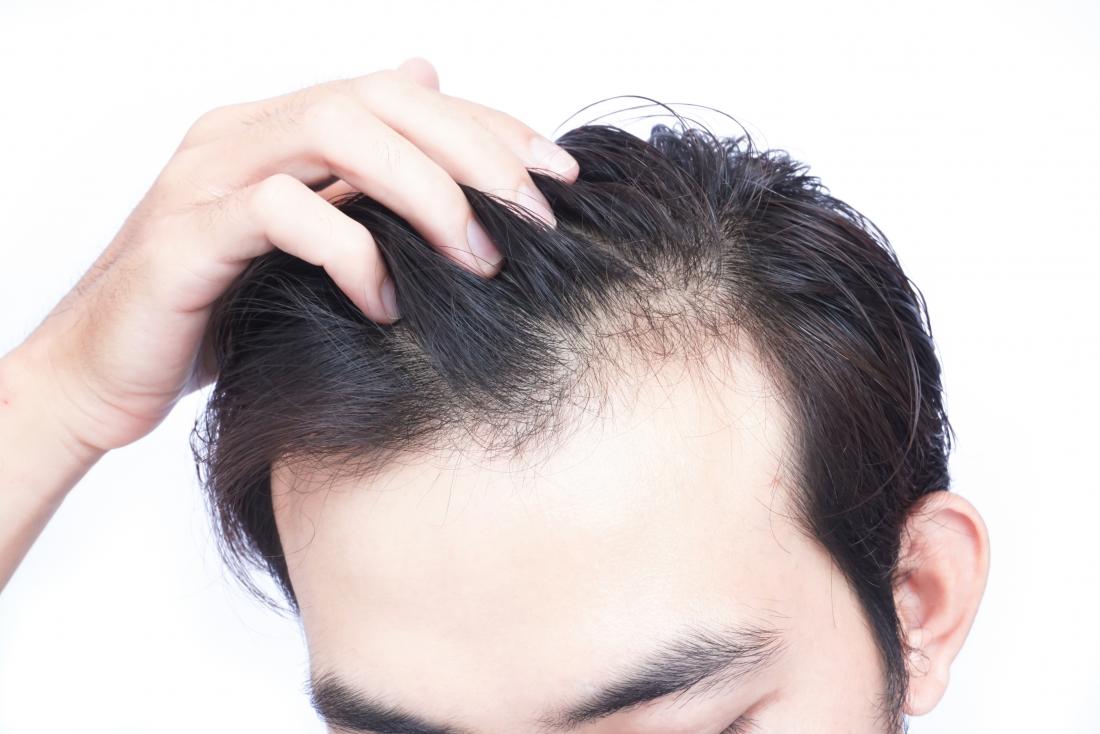
Yes, vitamin deficiencies can indeed cause hair loss. Hair growth is a complex process that requires a variety of nutrients to function properly. Deficiencies in certain vitamins and minerals can disrupt this process, leading to hair thinning or increased hair shedding. Identifying and addressing these deficiencies is crucial for restoring hair health and preventing further…
Can You Wash Your Hair With Braids?
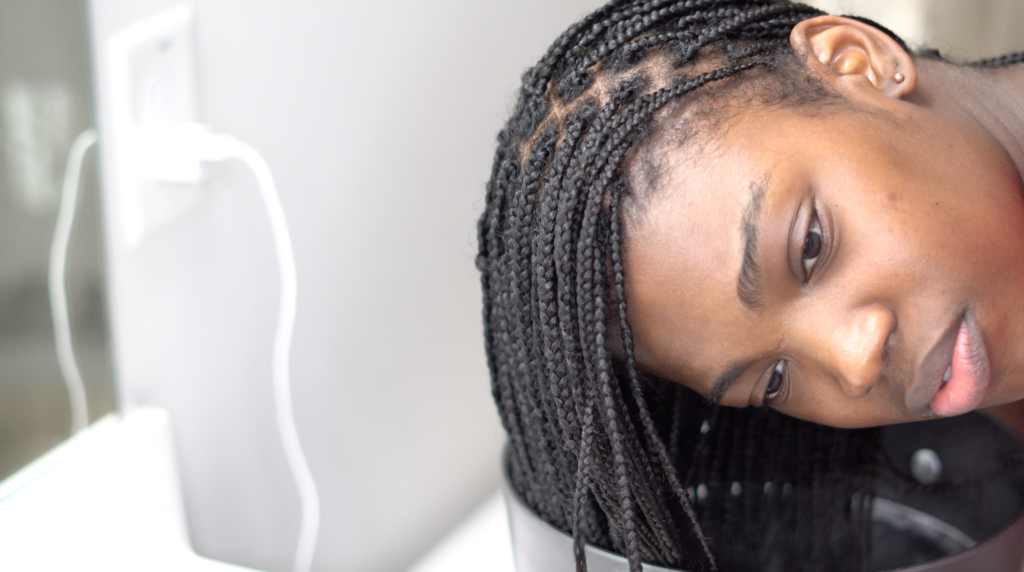
Yes, you can and should wash your hair with braids to maintain scalp health and hygiene. Braided hairstyles, whether box braids, cornrows, or any other type, can still accumulate dirt, oil, and product buildup over time. Properly washing your braided hair not only keeps your scalp clean but also extends the lifespan of your braids,…
Can Hard Water Cause Hair Loss?

Yes, hard water can contribute to hair loss by causing build-up on the scalp and hair, leading to breakage, thinning, and in some cases, exacerbating scalp conditions that result in hair loss. Hard water contains high levels of minerals like calcium and magnesium, which can leave deposits on your hair and scalp. Over time, these…
Why Is My Hair Thinning?
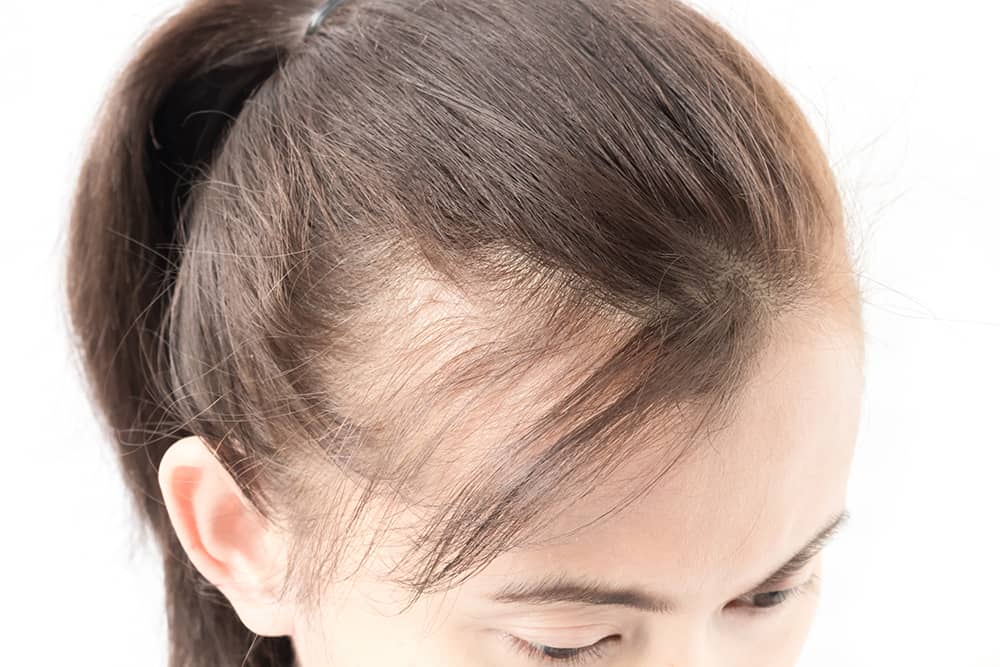
Hair thinning can occur due to a variety of reasons, including genetic factors, hormonal changes, nutritional deficiencies, stress, and certain medical conditions. It’s a common issue that affects both men and women and can be temporary or permanent depending on the underlying cause. Understanding the specific reasons behind hair thinning is crucial for determining the…
How to Know If Your Hair Needs Protein
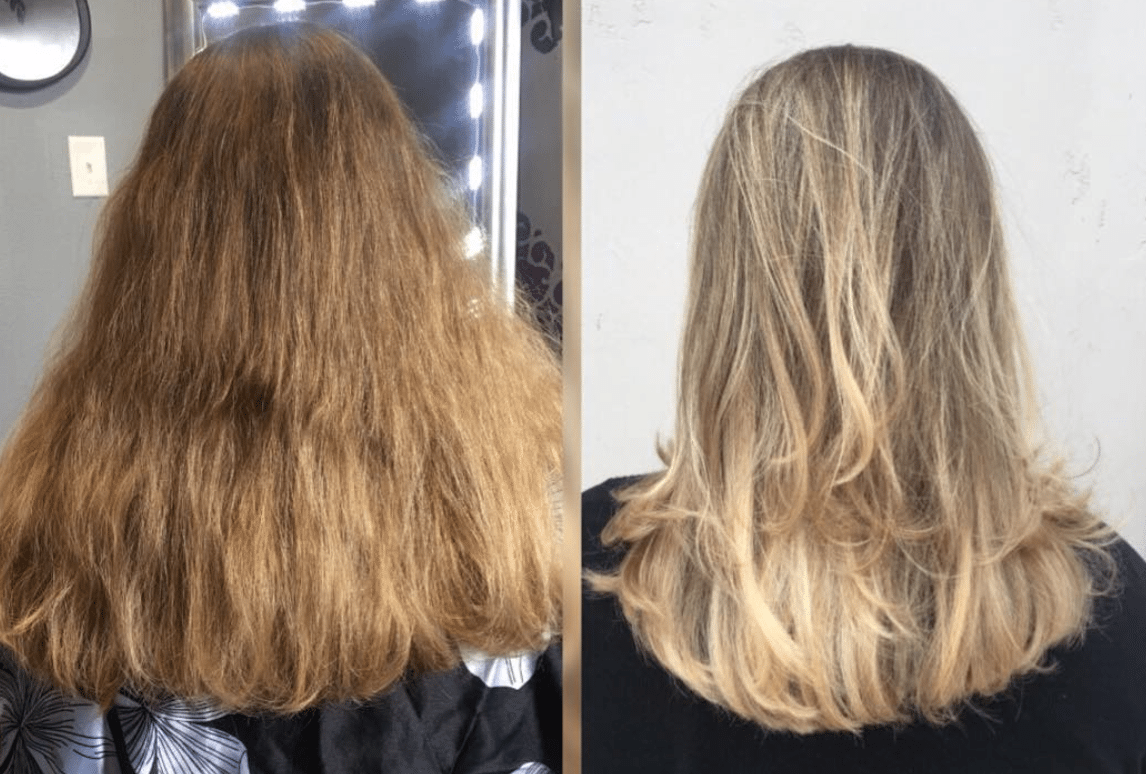
To determine if your hair needs protein, look for signs of damage and weakness such as excessive breakage, elasticity loss, limpness, or dullness. Healthy hair has a balance of moisture and protein, and when this balance is disrupted, your hair might become overly soft and fragile or extremely dry and brittle. Incorporating protein treatments can…
Skip to content